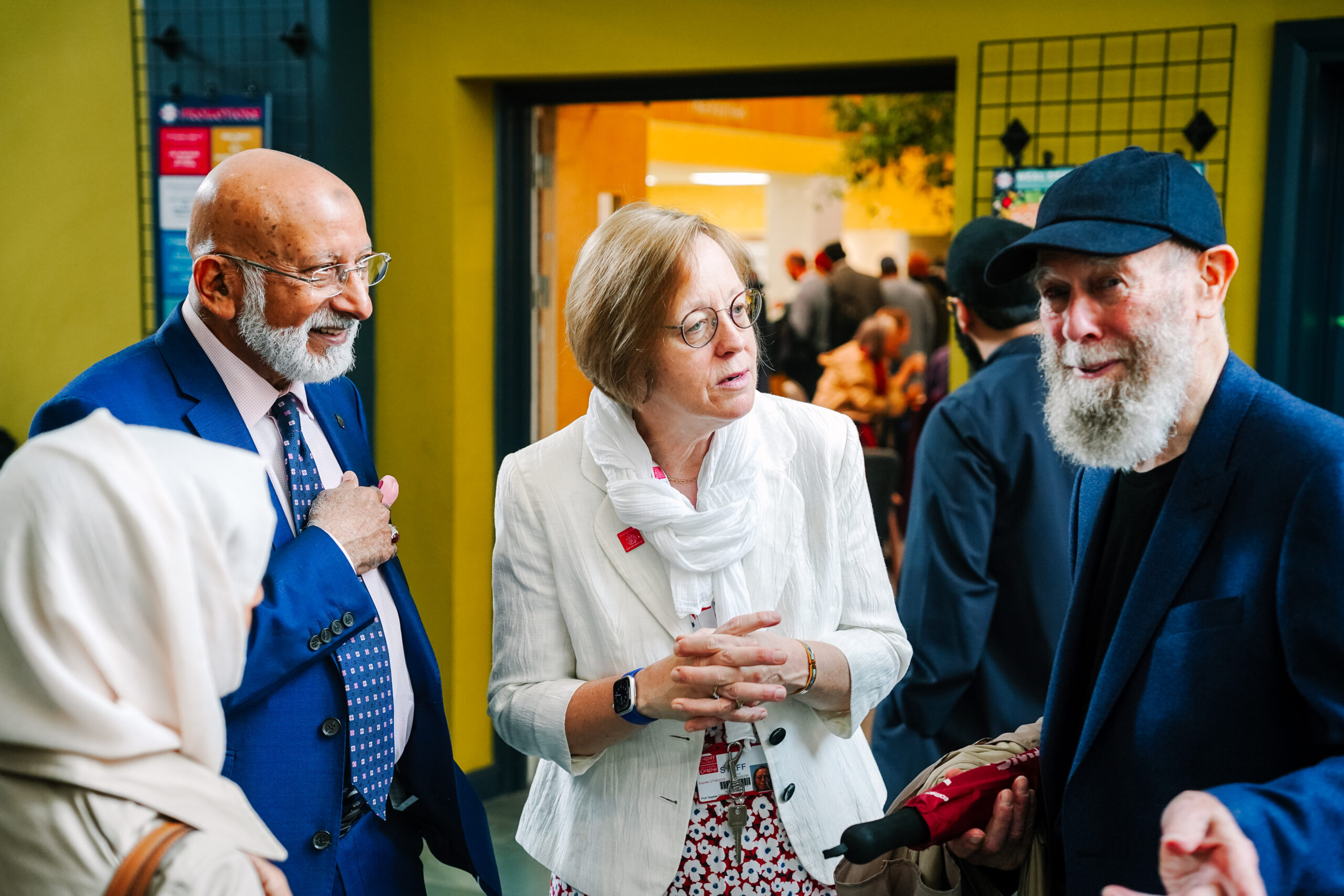
Elham Asaad Buaras
Cardiff University’s Centre for the Study of Islam in the UK celebrated its 20th anniversary with a significant academic gathering on September 18, an event that highlighted its unique role in bridging rigorous scholarship with community-informed research on British Muslims.
The event, held in a packed university lecture hall and opened by the university’s Pro-Chancellor, Jason Mohammad, brought together leading academics, researchers, and civil society representatives.
The celebration highlighted the Centre’s founding principle: to base its work on robust academic methodologies while fostering active partnerships with Muslim communities to address their needs and priorities.
The programme featured a royal message of congratulations from King Charles III, delivered by HM Lord Lieutenant of South Glamorgan, Morfudd Meredith.
A key highlight was a panel discussion on the ‘Past, Present and Future of British Muslim Studies’, chaired by Emeritus Professor Tariq Modood and featuring prominent scholars from the Muslims in Britain Research Network.
The National Poet of Wales, Hanan Issa, delivered a specially commissioned poem, ‘Where the Two Rivers Meet’, written for the anniversary.
Yusuf Islam (Cat Stevens) was the guest of honour at the Centre’s 2005 launch, and it has since become the UK’s leading academic institution in its field. Its research portfolio includes Dr Mansur Ali’s work on organ donation that combines medical ethics with Islamic teachings, alongside Dr Riyaz Timol’s groundbreaking project on the training of imams in Britain.
Other significant projects include developing open-access courses for mental health practitioners, Professor Matthew Wilkinson’s research on rehabilitation in prisons, and Dr Haroon Sidat’s exploration of historic Islamic pedagogies for contemporary education.
Since its inception, the Centre has also cemented its academic legacy by funding 44 MA students and 16 PhD scholarships.
In her address, Founding Director, Professor Sophie Gilliat-Ray OBE connected the Centre’s work to Cardiff’s historical context. “Cardiff has a long history of engagement with the Muslim world, beginning with the arrival of seafarers in the late 19th century,” she stated. “This history has provided an ideal context for academic exploration of the lives and realities of Muslims in Britain.”
This collaborative approach was affirmed by Saleem Kidwai OBE, former President of the Muslim Council of Wales, who noted the essential nature of such partnerships. Vice Chancellor Professor Wendy Larner linked the Centre’s mission to the University’s strategic vision, ‘Our future, together’, which aims “to work collaboratively and with a diversity of opinion.”
Reflecting on the Centre’s broader impact, Deputy Director, Dr Abdul-Azim Ahmed, said, “Today’s debates about diversity, citizenship, and Muslim communities are too often led by misinformation and stereotypes. The work of the Islam-UK Centre provides a robust academic grounding that informs policymakers and Muslim civil society organisations.”
In a video message, Yusuf Islam commended the Centre for having “managed to stay on track and true to its intended purpose, achieving outstanding academic output and building real connections with Muslim communities.”
As it enters its third decade, the Centre continues to stand at the nexus of academia, policy, and community, providing an evidence-based foundation for understanding the diverse experiences of Muslims in Britain.
Feature photo: Founder of the Muslim Council of Wales Saleem Kidwai OBE, Professor Sophie Gilliat-Ray and Muhammed Farnsworth, trustee of the Jameel Educational Foundation. (Credit: Cardiff University)